What Dreams May Come
What Dreams May Come
The first duty of a new book is to get itself discussed, and What Dreams May Come has fulfilled this requirement. On the wings of a beautiful literary style it has risen to a height beyond the commonplace books of the day, and by further reason of its absolute originality, this position will it maintain in defiance even of what is called its "Theosophic tendency."
Book Excerpt
d himself with the indolent hauteur of a man of many grandfathers. And indeed, unless, perhaps, that this plaything, the world, was too small, he had little to complain of. Although a younger son, he had a large fortune in his own right, left him by an adoring grandmother who had died shortly before he had come of age, and with whom he had lived from infancy as adopted son and heir. This grandmother was the one woman who had ever shone upon his horizon whose disappearance he regretted; and he was wont to remark that he never again expected to find anything beneath a coiffure at once so brilliant, so fascinating, so clever, so altogether "filling" as his lamented relative. If he ever did he would marry and settle down as a highly respectable member of society, and become an M.P. and the owner of a winner of the Derby; but until then he would sigh away his tired life at the feet of beauty, Bacchus, or chance.
"What is the matter, Hal?" asked Bective Hollington, coming up behind him. "Yawning so early in
Editor's choice
(view all)Popular books in Fiction and Literature, Romance
Readers reviews
2.7
LoginSign up
Just because you have the imagination of a rock doesn't mean that the novel is a poor one. There's an entire branch of theatre literature "Theatre of the Absurd" that deals with imaginative unrealistic drama. It deals mostly with symbolism, which I'm not sure if you've considered, might be what Gertrude Atherton was shooting for.
- Upvote (0)
- Downvote (0)
I chose to read this book based on its title, which intrigued me, and appears to come from the famous soliloquy in Shakespeare's Hamlet, Act 3, Scene 1 "...To sleep! perchance to dream:--ay, there's the rub;
 For in that sleep of death what dreams may come,
 When we have shuffled off this mortal coil,
 must give us pause..." Atherton's theme is based on a ridiculous, unbelievable, interminable struggle with re-encarnation. A young betrothed couple is afflicted with nightmares and flashbacks of their former lives as lovers about four generations past. The depiction of these conflicts and psychic phenomena drones on and on, and ultimately leads to predictable doom for both of them. A colossal waste of reading time unless you can totally suspend your disbelief.
03/10/2009
I like :)
02/24/2009
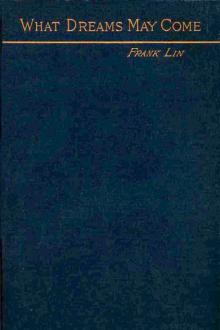
 Free Download
Free Download





















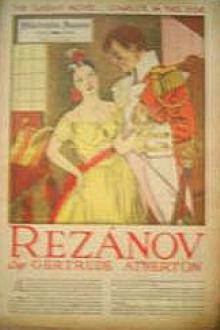
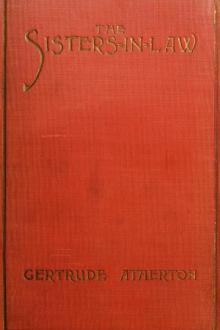
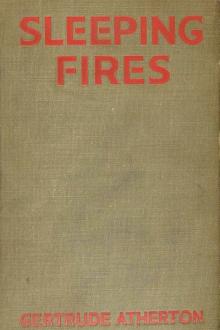
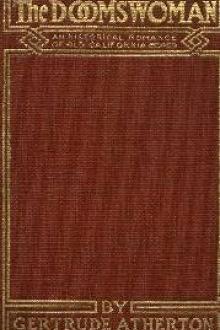
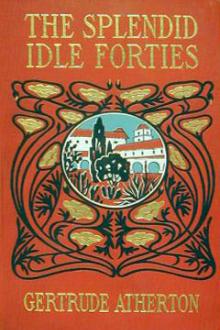
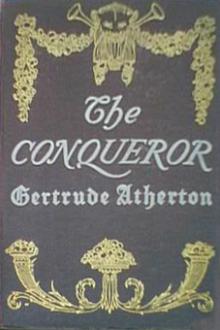
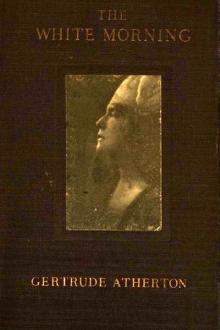
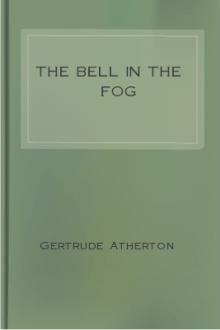
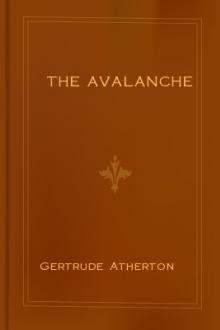
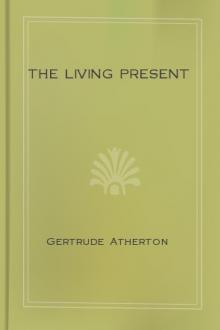
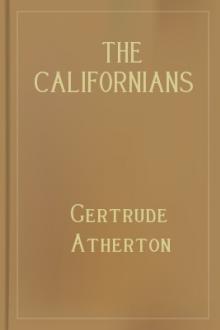
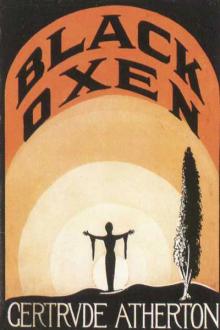
-itok=vcKIB5v1.jpg)